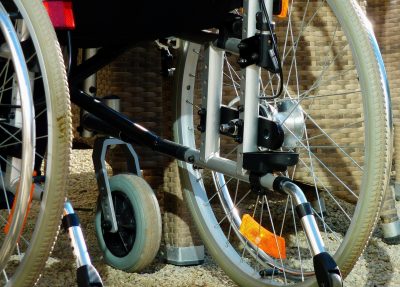 Lately, numerous media reports have demonstrated that rates of sexual assaults being experienced by women students at campuses across North America have increased. Despite the increase, very few of these institutions have a sexual assault-specific policy (as of 2014). As a result of Bill 132 in Ontario – the Sexual Violence and Harassment Action Plan Act (Supporting Survivors and Challenging Sexual Violence and Harassment) – campus policies on sexual violence have become mandatory for Ontario universities and colleges, and other universities and colleges across Canada are starting to follow suit.
Lately, numerous media reports have demonstrated that rates of sexual assaults being experienced by women students at campuses across North America have increased. Despite the increase, very few of these institutions have a sexual assault-specific policy (as of 2014). As a result of Bill 132 in Ontario – the Sexual Violence and Harassment Action Plan Act (Supporting Survivors and Challenging Sexual Violence and Harassment) – campus policies on sexual violence have become mandatory for Ontario universities and colleges, and other universities and colleges across Canada are starting to follow suit.
The question that remains though is: Are these campus policies taking into account the experiences of all women who have faced violence on campus? According to the Metropolitan Action Committee on Violence Against Women and Children (METRAC), marginalized groups such as Aboriginal women, women with disabilities, and transgender individuals are more likely to experience sexual and gender-based violence. In fact, studies have demonstrated that women with disabilities are three times as likely to experience unwanted sexual activity compared with the general population of women.
 This is why the DisAbled Women’s Network (DAWN) Canada and the National Educational Association of Disabled Students (NEADS) have decided to conduct research into the prevalence of violence on Canadian college and university campuses experienced by Deaf women and women with disabilities. According to DAWN and NEADS representatives, no other researchers have undertaken a study of this nature in Canada. In line with developing campus sexual violence policies, the study will also look at the level of support campuses provide to Deaf women and women with disabilities who are victims of violence. The goal of this research is to gain a better understanding these students’ experiences, and to ensure they are receiving the support they need from campus programs.
This is why the DisAbled Women’s Network (DAWN) Canada and the National Educational Association of Disabled Students (NEADS) have decided to conduct research into the prevalence of violence on Canadian college and university campuses experienced by Deaf women and women with disabilities. According to DAWN and NEADS representatives, no other researchers have undertaken a study of this nature in Canada. In line with developing campus sexual violence policies, the study will also look at the level of support campuses provide to Deaf women and women with disabilities who are victims of violence. The goal of this research is to gain a better understanding these students’ experiences, and to ensure they are receiving the support they need from campus programs.
For more information about this study, please visit the NEADS website.